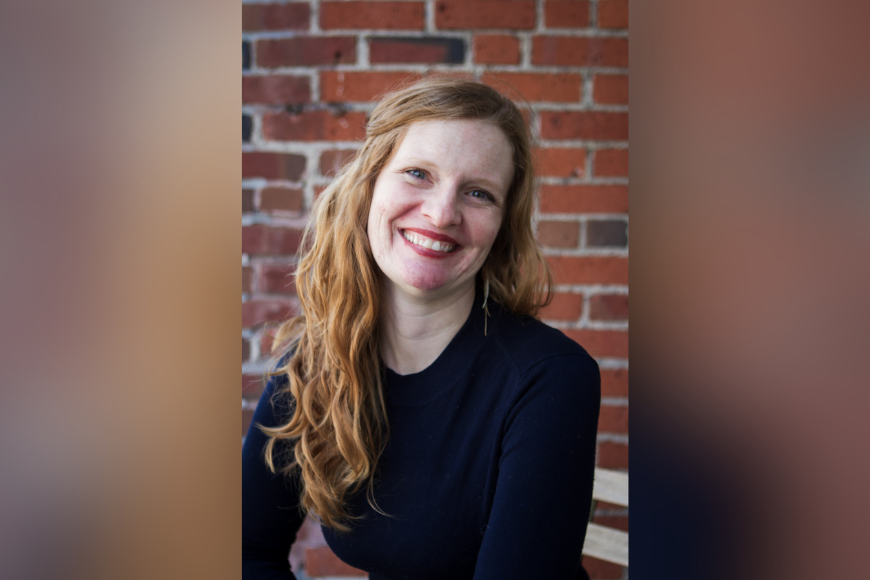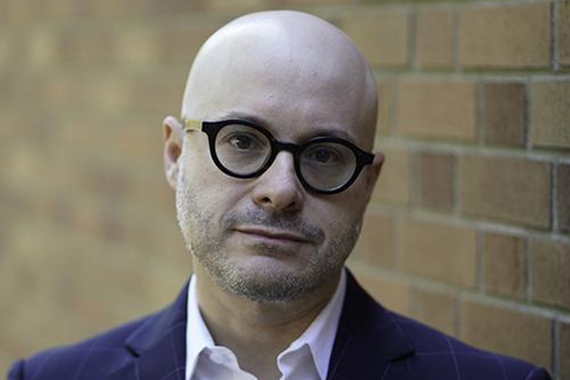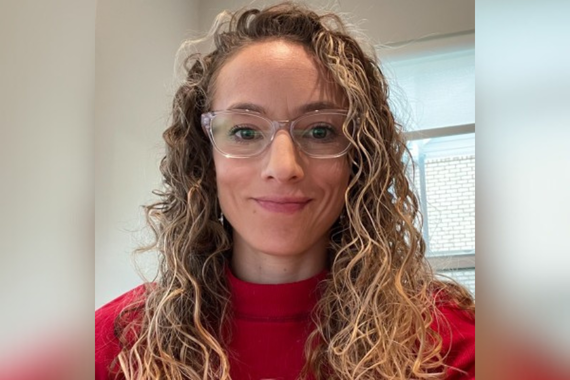Interdisciplinary Studies and Experiences Cultivate Framework to Build Dreams
During her time in the political science PhD program at the University of Minnesota, alumna Katrina Heimark (PhD '21) took a variety of both political science and psychology courses. Her studies focused primarily on comparative politics, though she also studied American politics and gained a graduate minor in political psychology. By taking courses ranging from Latin American history to psychology and law, Heimark gained “a variety of cultural, academic, and research perspectives.” The interdisciplinary nature of her studies “was really instrumental to creating the framework for [her] approach to political science today.”
Teaching and research in Peru
After Heimark completed her coursework and was all but dissertation (ABD) status, she moved to Peru for three years to teach at the University of Lima and conduct research for her dissertation. For her dissertation research, she developed two surveys which were administered by the Instituto de Investigación Científica at the Universidad de Lima. Her colleagues at the Institute provided fundamental support and feedback and helped Heimark navigate and learn about the survey research process.
While at the University of Lima, Heimark also received funding to research citizen relationships with police, with both colleagues and on an independent project. On her solo project, she interviewed victims of crime who decided to report the crime to authorities. Heimark also received funding from the Sexual Violence Research Initiative along with colleagues at GRADE, a Peruvian think tank, to study victims of gender-based violence and their interactions with police. Through these experiences, she had impactful interactions with the people she interviewed and learned a lot about why individuals turn to state institutions they mistrust. Her time in Peru, overall, led to her collaborating with people from different disciplines, resulting in multiple publications from this time with scholars living in Peru, studying crime, political psychology, and other related areas.
Finding her main goal
Though she enjoys and finds great value in research, the reason Heimark pursued a PhD was to become a professor. “I wanted to teach—that is my passion, that is what I love to do,” she explained. “I love students and student interactions.” With teaching being her main goal, Heimark reflected that she feels like her career started before she even finished the graduate program.
As a graduate student, Heimark was a teaching assistant for two comparative politics courses at the University of Minnesota with Professor Teri Caraway. Her first time teaching classes full time, however, was when she was at the University of Lima. She first taught an introductory political science/sociology course in their general studies department, and later a research methodology class as well as political science courses at their law school.
Heimark moved back to Minnesota to focus on her dissertation in March 2020, hoping to meet with her advisor and the committee and utilize resources on campus. Though this plan was quickly made impossible by the onslaught of COVID, Heimark was able to make changes to accommodate the pandemic. Throughout 2020 and 2021, she taught online courses for the University of Lima and, at the same time, was working on her dissertation. In June 2021, Heimark defended her dissertation on Zoom.
The fall following the completion of her dissertation, Heimark started an adjunct position at the University of Wisconsin - River Falls, teaching The Politics of Latin America. During the 2022-23 academic year, she worked as an adjunct faculty member at multiple institutions. She is still teaching at River Falls and has added the University of Wisconsin-Eau Claire, Century College, and the Humphrey School of Public Affairs at the University of Minnesota to her CV.
What she learned
In preparing for her career, the political science graduate program helped Heimark understand the rigor and challenges of being an academic, from attaining academic jobs to getting published. Her experiences in the program helped her better understand what an academic article is, what makes a strong argument, and what high-quality research looks like.
Additionally, the graduate program exposed her to a variety of perspectives, challenged her way of thinking, and influenced her interactions. The comparative politics courses she took were particularly significant, as they challenged students to think differently about other countries as well as the political reality of the United States. Being exposed to a diversity of readings and perspectives in class, as well as having the different experiences and perspectives of students in the classes incorporated into the lessons was helpful. Such exposure prepared Heimark to interact with students from different cultural backgrounds, both while she was teaching abroad and when teaching international students in her current positions.
Heimark’s goal at the moment is to continue pursuing her passion for teaching, hopefully in a tenure-track position in Minnesota or elsewhere in the Midwest. When thinking about her future, Heimark’s love for teaching was evident. “It’s a really fun platform to get to learn more, interact with students, help with student growth, and expose students to perspectives they might not be aware of or to ideas that they might not know about, then also grow with those students.”


